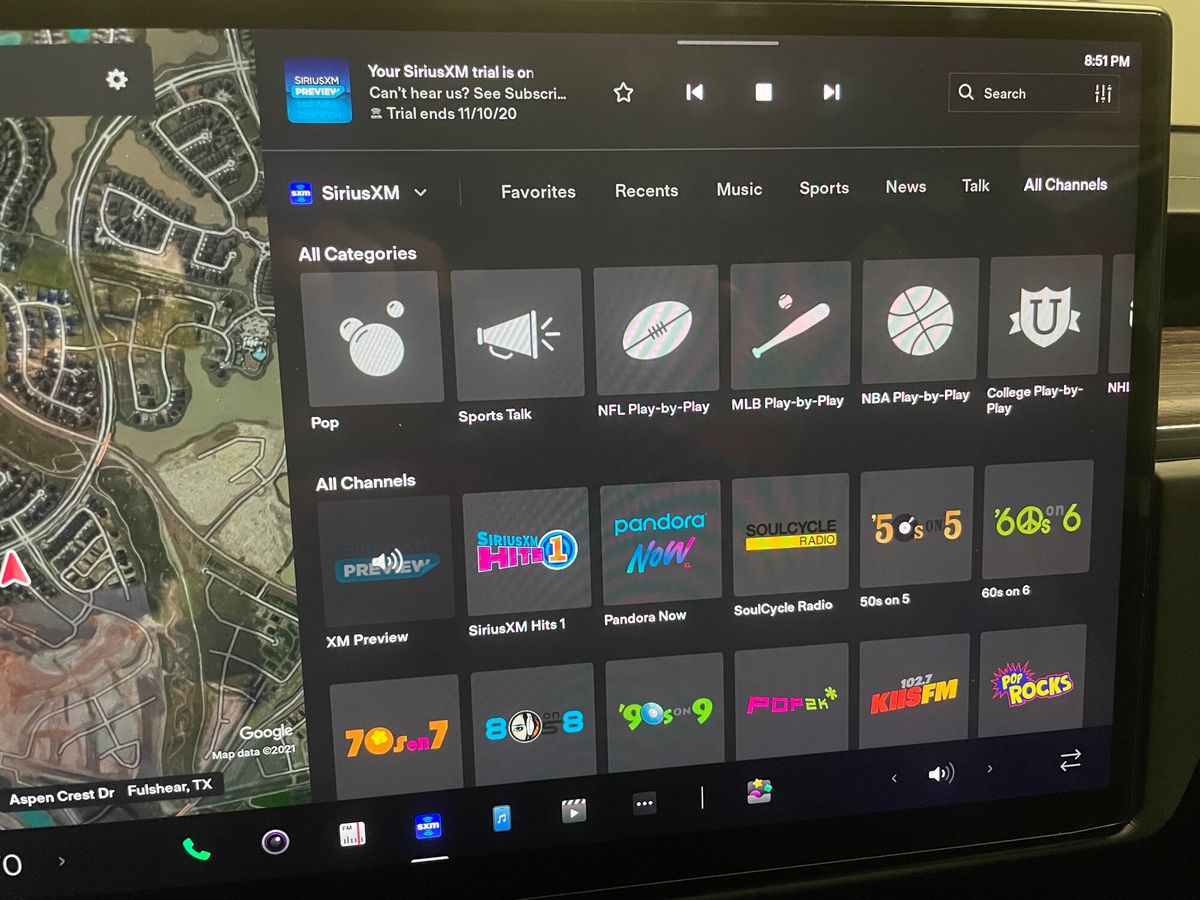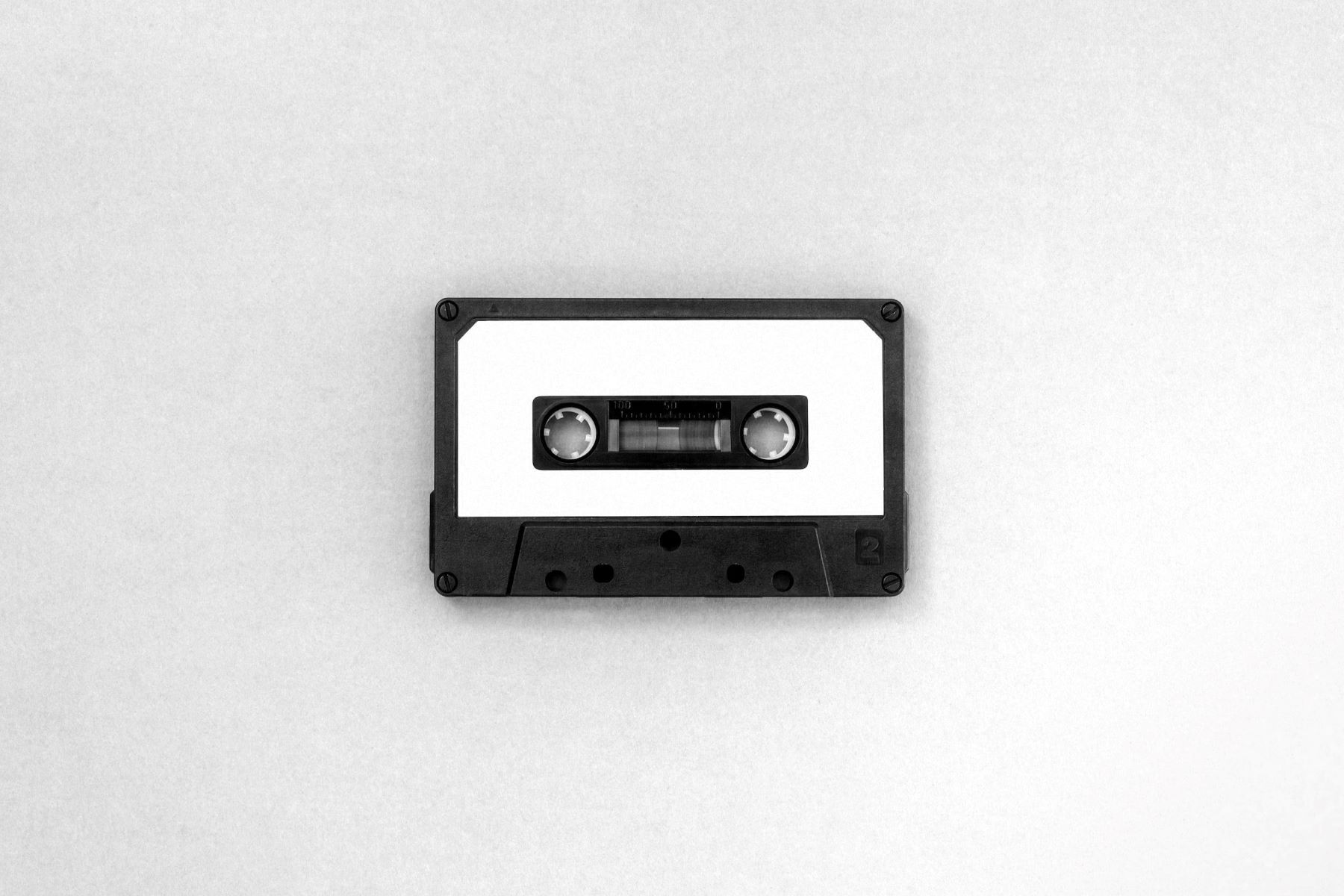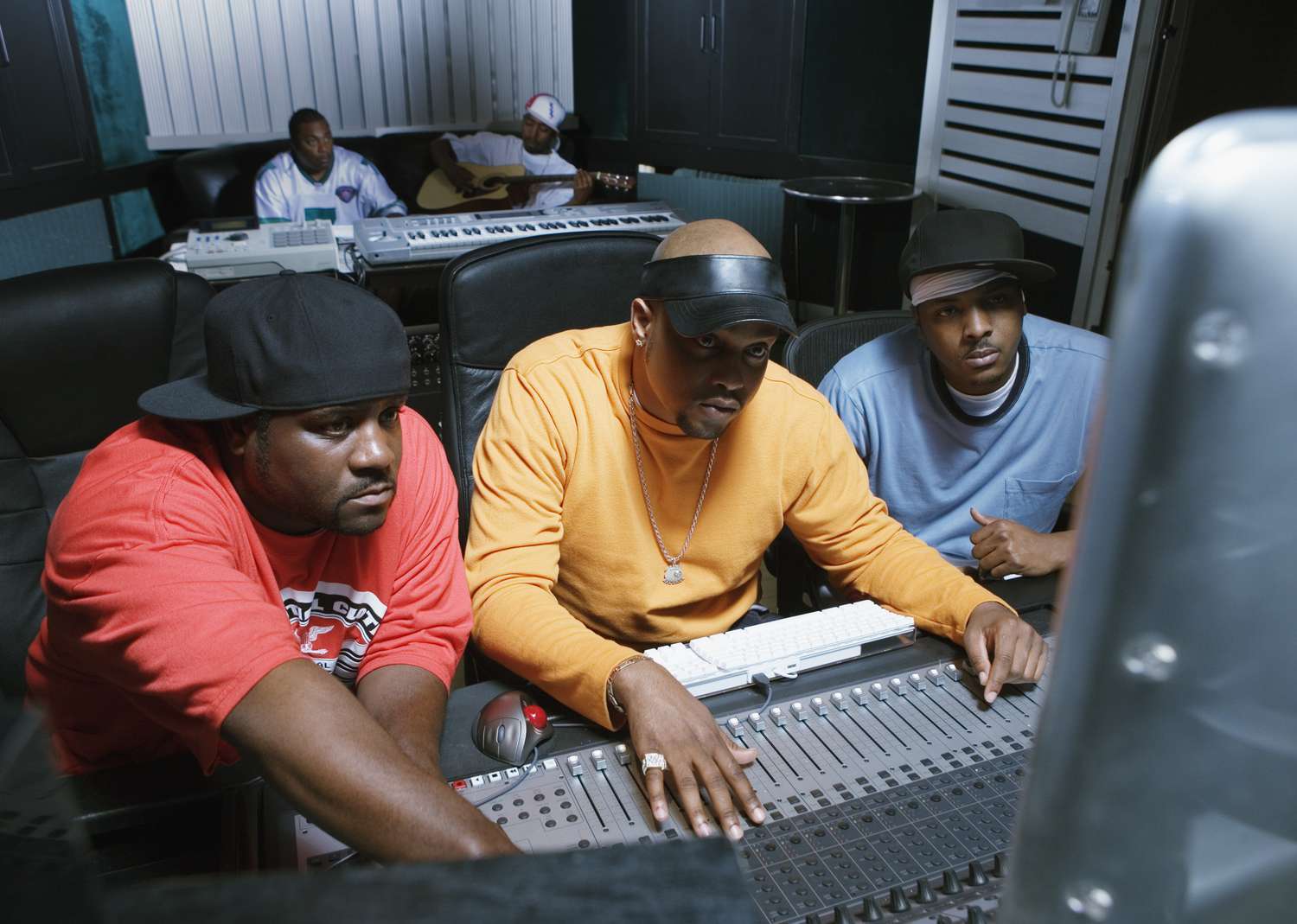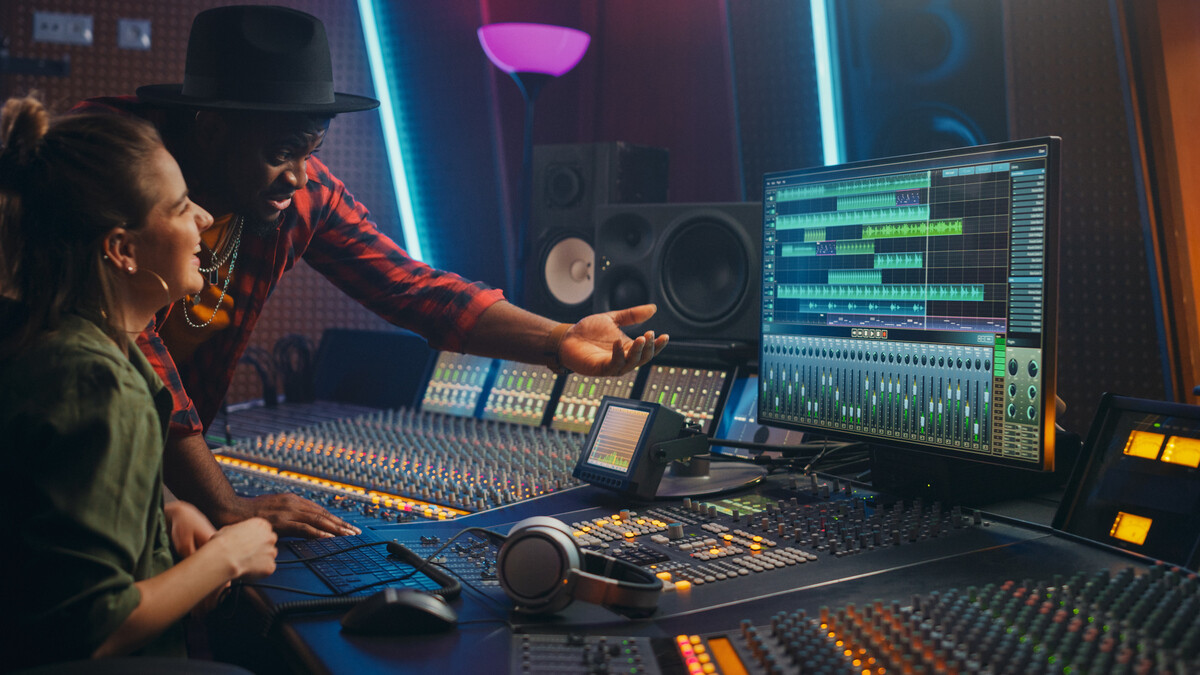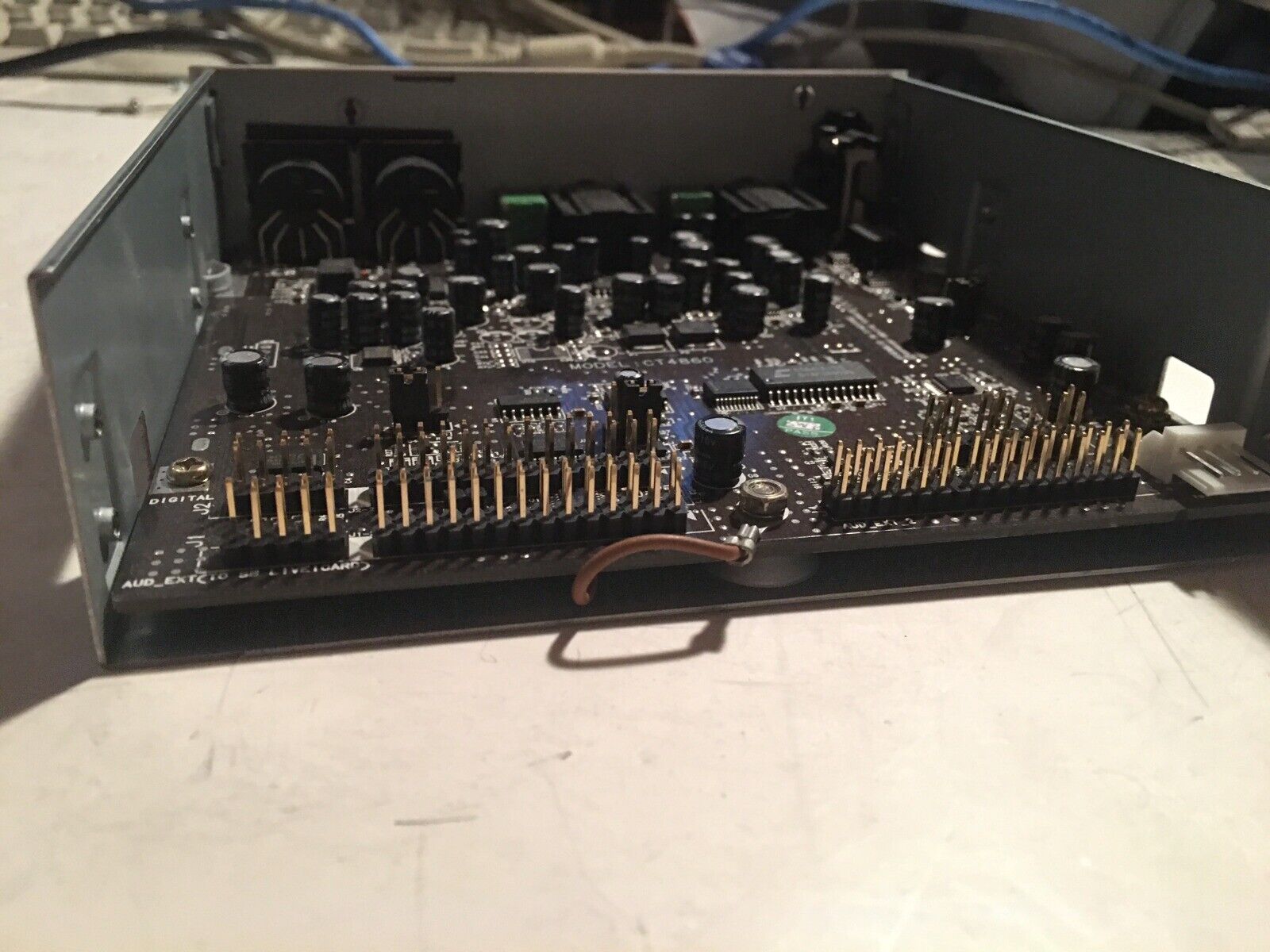Home>Production & Technology>Producer>How Do You Send Your Music To A Producer
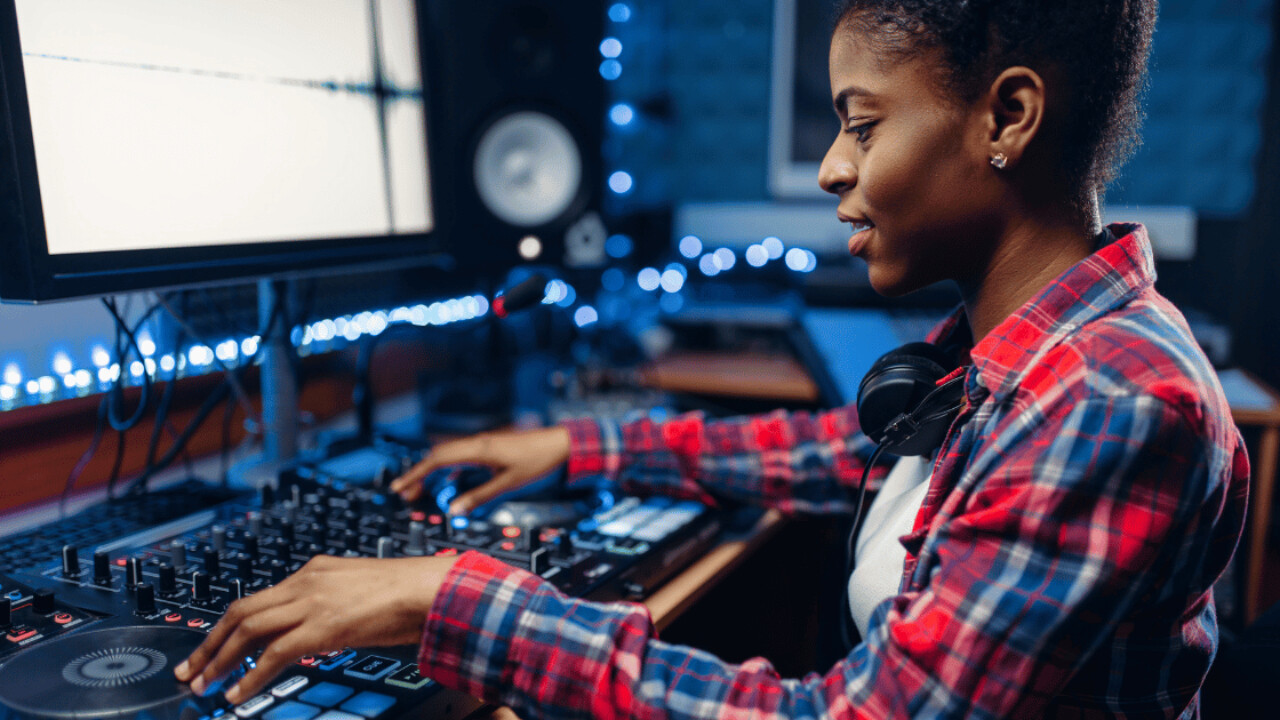

Producer
How Do You Send Your Music To A Producer
Published: March 5, 2024
Learn the best way to send your music to a producer. Find out the essential steps and tips for getting your music noticed and considered.
(Many of the links in this article redirect to a specific reviewed product. Your purchase of these products through affiliate links helps to generate commission for AudioLover.com, at no extra cost. Learn more)
Table of Contents
Finding the Right Producer
When it comes to sending your music to a producer, the first step is finding the right one for your sound and style. This process is crucial, as the producer you choose can significantly impact the final outcome of your music. Here are some essential steps to consider when finding the right producer:
-
Research and Listen to Their Work: Start by researching different producers and listening to their previous work. This will give you a sense of their production style, the genres they specialize in, and the overall quality of their work. Pay attention to the production techniques, sound quality, and the way they bring out the best in the artists they work with.
-
Consider Their Specialization: Some producers have a specific genre or style that they excel in. Consider whether the producer's expertise aligns with the type of music you create. For example, if you're a hip-hop artist, you may want to seek out a producer with a strong track record in that genre.
-
Seek Recommendations and Reviews: Reach out to fellow musicians, industry professionals, and music communities for recommendations. Additionally, look for reviews or testimonials from artists who have worked with the producer. Their insights can provide valuable information about the producer's work ethic, communication style, and the overall experience of collaborating with them.
-
Assess Their Compatibility: Beyond their technical skills, it's essential to assess the producer's compatibility with your vision and creative process. Consider scheduling a meeting or a casual conversation to discuss your musical goals, influences, and the direction you envision for your music. This interaction can help gauge whether the producer is aligned with your artistic vision.
-
Evaluate Their Portfolio: Take a close look at the producer's portfolio to understand the diversity of their work. A versatile producer who has worked with a range of artists and musical styles may bring a fresh perspective to your music, offering valuable insights and innovative ideas.
-
Review Their Industry Network: A well-connected producer can open doors to valuable opportunities within the music industry. Consider the producer's network of contacts, including session musicians, engineers, and industry professionals. Their connections can potentially enhance the overall production process and contribute to the success of your music.
Finding the right producer is a pivotal step in your music career. By conducting thorough research, considering their specialization, seeking recommendations, assessing compatibility, evaluating their portfolio, and reviewing their industry network, you can increase the likelihood of finding a producer who truly understands and elevates your musical vision.
Preparing Your Music for Submission
Preparing your music for submission to a producer is a critical process that can significantly impact the impression your music makes. It involves more than just sending a file; it's about presenting your music in the best possible light and making it easy for the producer to understand your vision. Here's how to ensure your music is well-prepared for submission:
-
Quality Control: Before sending your music, ensure that it meets professional standards in terms of audio quality. Invest time in mixing and mastering your tracks to ensure they sound polished and ready for production. Clean, well-mixed tracks can showcase your musical talent and make a positive impression on the producer.
-
Organization: Organize your music files systematically. Label each track clearly with the song title, artist name, and any relevant details. This not only demonstrates your professionalism but also makes it easier for the producer to navigate through your music collection.
-
Artistic Brief: Accompany your music with an artistic brief or a short description of each song. Provide insights into the inspiration behind the music, the emotions it aims to evoke, and any specific production ideas you may have. This helps the producer understand the context of your music and align their vision with yours.
-
Demo Reel or EPK: Consider creating a demo reel or an electronic press kit (EPK) that showcases your music, along with any press coverage, accolades, or previous performances. This additional material can provide the producer with a comprehensive overview of your musical journey and achievements.
-
Clear Communication: Clearly communicate your expectations and goals for the collaboration. Whether it's a specific sound you're aiming for, a particular atmosphere you want to create, or the intended audience for your music, conveying this information can help the producer understand your artistic direction.
-
Legal Considerations: If your music contains samples or if you've collaborated with other artists, ensure that you have the necessary legal permissions and documentation in place. This demonstrates your commitment to ethical and legal practices in the music industry.
By meticulously preparing your music for submission, you demonstrate your dedication to your craft and respect for the producer's time and expertise. This level of preparation can set a positive tone for the collaboration and increase the likelihood of capturing the producer's attention and interest in working with you.
Choosing the Right Method of Sending Your Music
When it comes to sending your music to a producer, choosing the right method of delivery is crucial in ensuring that your music stands out and makes a lasting impression. The method you choose can impact the producer's experience of receiving and evaluating your music. Here are several methods to consider, each with its own advantages and considerations:
-
Digital Platforms: Utilizing digital platforms such as Dropbox, Google Drive, or WeTransfer provides a convenient and efficient way to share your music files. These platforms allow you to upload your tracks, create shareable links, and send them directly to the producer. Additionally, they offer the flexibility to include supplementary materials such as artistic briefs, EPKs, and press kits alongside your music files.
-
Email: Sending your music directly via email can be a personal and direct approach. It allows you to craft a customized message to the producer, expressing your enthusiasm for the collaboration and providing a brief introduction to your music. When using this method, ensure that your email is professional, concise, and includes all necessary attachments without overwhelming the producer with large file sizes.
-
Physical Media: In some cases, artists choose to send physical copies of their music, such as CDs or vinyl records, to producers. While this method adds a tactile and personal touch, it may require additional time and resources for packaging, shipping, and handling. However, for certain genres or artistic concepts, physical media can convey a sense of dedication and artistry that aligns with the music's aesthetic.
-
File Sharing Services: Dedicated music file sharing services like SoundCloud or Bandcamp offer a platform-specific approach to sharing your music. These platforms not only allow you to upload your tracks but also provide additional features such as track descriptions, artist bios, and the ability to control the privacy settings of your shared music.
-
Collaborative Platforms: For interactive collaboration and feedback, consider using platforms like Splice or Blend, which enable real-time collaboration and version control. These platforms are designed to facilitate creative collaboration, allowing producers to access individual tracks, make adjustments, and provide feedback within the platform itself.
When choosing the right method of sending your music, it's essential to consider the producer's preferences, the nature of your music, and the overall impression you aim to convey. Each method offers unique opportunities for personalization, presentation, and engagement with the producer. By selecting the most suitable method and tailoring your approach to align with the producer's workflow and communication style, you can enhance the likelihood of capturing their attention and fostering a positive initial interaction.
In summary, the method of sending your music serves as the first point of contact with the producer, shaping their initial perception of your music and your professionalism as an artist. Therefore, thoughtful consideration of the delivery method can significantly contribute to a successful and impactful submission.
Following Up After Sending Your Music
After sending your music to a producer, it's essential to understand the significance of following up on your submission. Following up demonstrates your proactive approach, professionalism, and genuine interest in establishing a collaborative relationship with the producer. Here are valuable insights into the art of following up after sending your music:
Timing Is Key
Striking the right balance in timing is crucial when following up. It's important to allow the producer sufficient time to review your music without appearing impatient. Typically, waiting for a week to ten days before following up can provide the producer with ample time to listen to your music and consider the potential collaboration.
Personalized Communication
Crafting a personalized follow-up message can leave a lasting impression. Acknowledge the producer's time and express gratitude for the opportunity to submit your music. Additionally, reiterate your enthusiasm for the potential collaboration and express your willingness to provide any further information or materials they may require.
Additional Updates or Developments
If there have been any significant updates or developments related to your music, such as new releases, accolades, or performances, consider including this information in your follow-up. This not only keeps the producer informed about your musical journey but also showcases your dedication and progress as an artist.
Respectful Persistence
While it's essential to follow up, it's equally important to do so with respectful persistence. Sending a single follow-up message is appropriate, and if you don't receive a response, it's advisable to respect the producer's time and decision. Overly persistent or aggressive follow-ups can have a counterproductive effect.
Openness to Feedback
Express your openness to receiving feedback from the producer. Emphasize your willingness to consider their input and suggestions, demonstrating your commitment to growth and collaboration. This can convey a receptive and adaptable attitude, which is highly valued in the music industry.
Professionalism and Gratitude
Maintain a professional and gracious tone in your follow-up communication. Regardless of the outcome, expressing gratitude for the producer's consideration and time reflects positively on your professionalism and respect for their role in the music production process.
By understanding the nuances of following up after sending your music, you can navigate this stage with finesse and consideration. A well-timed, personalized, and respectful follow-up can serve as a testament to your dedication, professionalism, and genuine passion for your music and the collaborative possibilities it holds.




